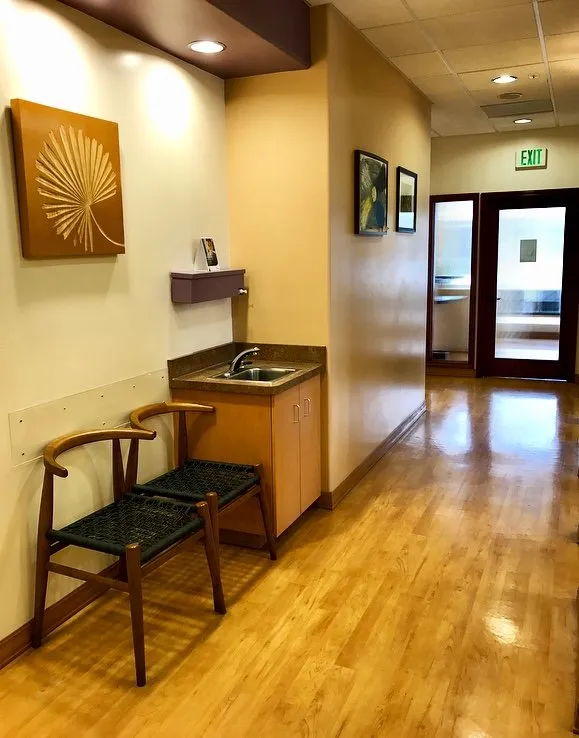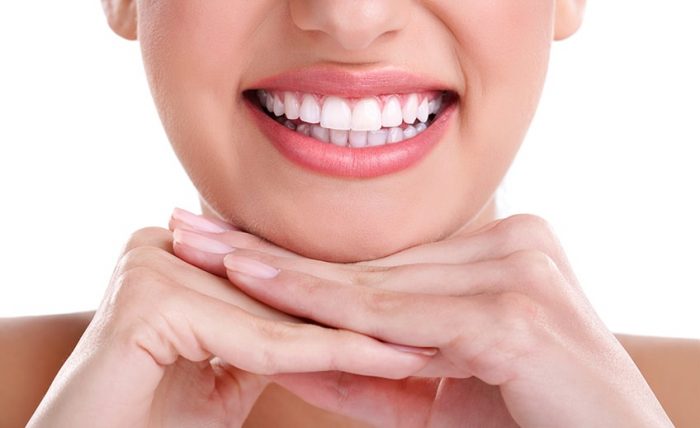Unlocking the Benefits: Medicare Dental Coverage Explained with Puri Dentistry in Oxnard, CA.
Discover the advantages of Medicare dental coverage and understand how it works for you.
Understanding the Basics of Medicare Dental Coverage
Medicare is a federal health insurance program that primarily covers individuals who are 65 years or older, as well as certain disabled individuals. While Medicare is known for its coverage of hospital stays and medical services, dental coverage is not included in the original Medicare plan. However, it is important to note that there are certain situations where Medicare may cover dental services, such as dental procedures that are necessary for medical treatments, like jaw reconstruction after an accident or oral surgery required for the treatment of a medical condition. It is essential to understand the specific guidelines and limitations of Medicare dental coverage to make informed decisions regarding your oral health.
Another paragraph about understanding the basics of Medicare dental coverage can be added here.
Exploring the Benefits of Medicare Dental Coverage
While Medicare dental coverage may be limited, there are still some benefits to consider. For individuals who require dental procedures as part of their medical treatment, Medicare may provide coverage for these services. This can alleviate the financial burden of necessary dental procedures and ensure that individuals receive the comprehensive care they need. Additionally, Medicare Advantage plans, also known as Medicare Part C, may offer dental coverage as an added benefit. These plans are offered by private insurance companies approved by Medicare, and they often provide additional coverage options beyond what original Medicare offers. Exploring the benefits of Medicare dental coverage can help individuals understand how it can contribute to their overall healthcare.
Determining Eligibility for Medicare Dental Coverage
Determining eligibility for Medicare dental coverage can be complex and depends on various factors. Generally, individuals who have original Medicare (Part A and Part B) do not have dental coverage included. However, individuals who are enrolled in a Medicare Advantage plan may have access to dental benefits. It is important to review the specific details of your Medicare plan or speak with a Medicare representative to determine your eligibility for dental coverage. Additionally, some individuals may qualify for other programs that provide dental assistance, such as Medicaid or state-specific dental programs. Understanding your eligibility for Medicare dental coverage can help you make informed decisions about your oral health.
Explaining the Limitations of Medicare Dental Coverage
While Medicare dental coverage can be beneficial in certain situations, it is important to understand its limitations. Original Medicare does not cover routine dental care, such as cleanings, fillings, or dentures. This means that individuals are responsible for the costs associated with these services. Additionally, Medicare Advantage plans that offer dental coverage may have limitations and restrictions, such as network restrictions or annual maximums. It is crucial to carefully review the terms and conditions of your specific plan to understand the limitations of Medicare dental coverage. Explaining these limitations can help individuals set realistic expectations and explore alternative options for comprehensive dental care.
Alternative Options for Dental Coverage
For individuals who require dental coverage beyond what Medicare offers, there are alternative options to consider. One option is purchasing a standalone dental insurance plan. These plans are available from private insurance companies and provide coverage for routine dental care, such as cleanings, fillings, and crowns. Another alternative is discount dental plans, which offer reduced rates for dental services through a network of participating dentists. These plans may be more affordable for individuals who do not require extensive dental procedures. Additionally, some individuals may qualify for dental assistance programs offered by nonprofit organizations or local clinics. Exploring alternative options for dental coverage can help individuals find a solution that suits their specific needs and budget.



